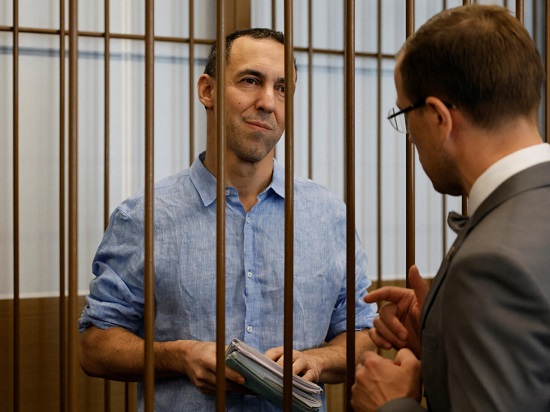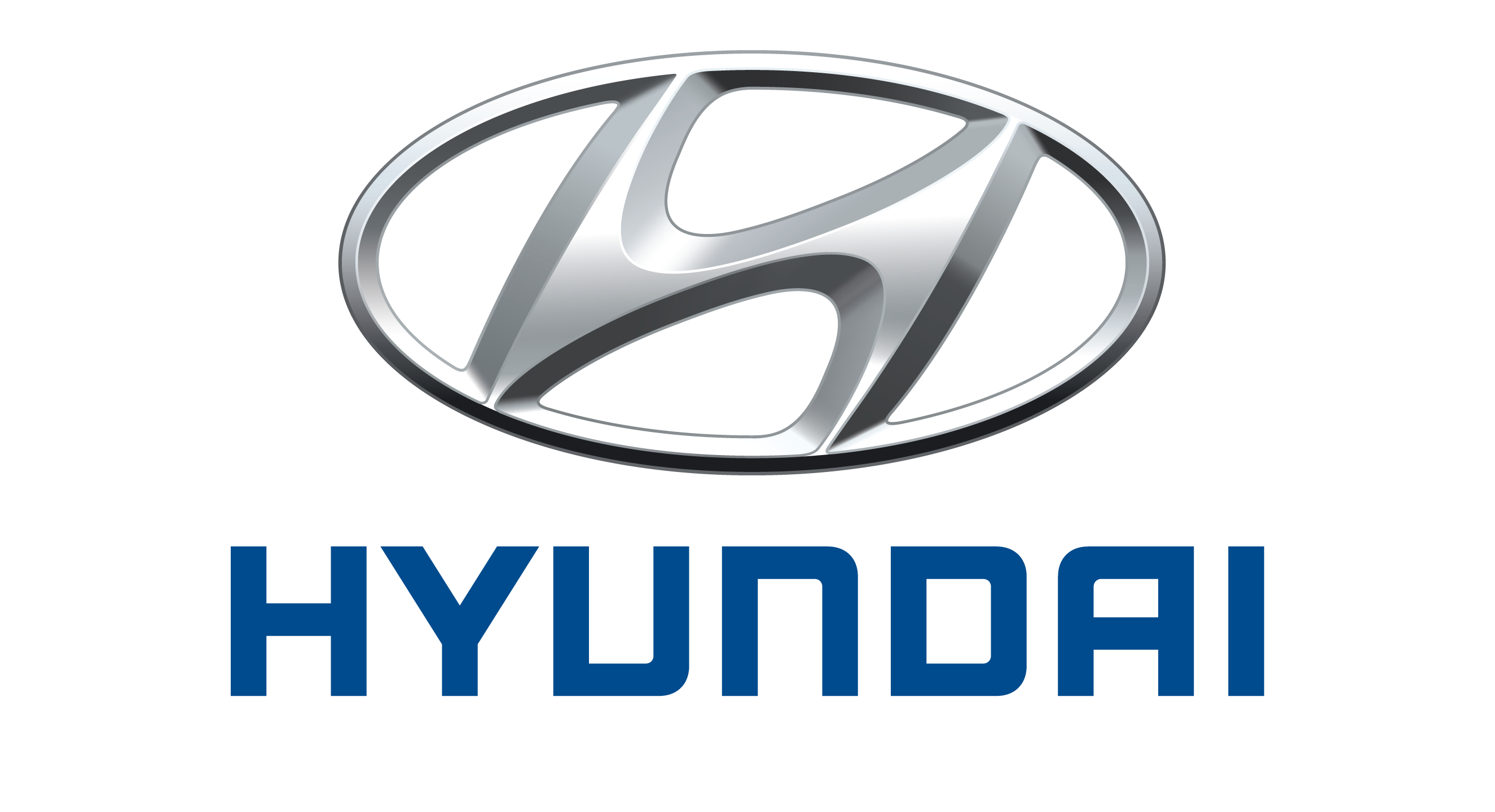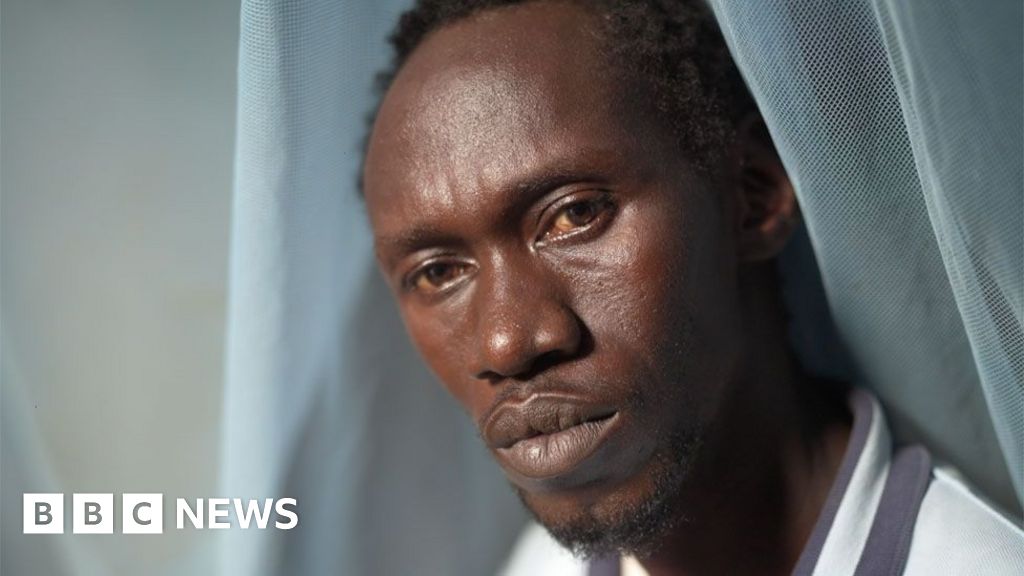Place your adverts here on InfoDig @ low rates; banner ads, sponsored links and guest articles etc. Contact us
The Human Rights Writers Association of Nigeria (HURIWA) has accused the ruling All Progressives Congress (APC) of being responsible for the internal crises within both the Labour Party (LP) and the People’s Democratic Party (PDP).
In a statement issued by Emmanuel Onwubiko, HURIWA’s national coordinator, the group alleged that the APC is employing a strategic effort to undermine opposition parties in Nigeria by creating discord within their ranks.
This, according to HURIWA, is part of the APC’s objective of weakening political opposition and pushing Nigeria toward an authoritarian regime similar to China’s communist governance model.
HURIWA specifically pointed to the crisis within the Labour Party, where the party’s national chairman, Julius Abure, has refused to vacate his position despite claims that his tenure has ended.
The association alleged that the APC is covertly supporting Abure to destabilize the Labour Party and reduce the influence of its presidential candidate, Peter Obi.
, “The APC is using Julius Abure to stifle the Labour Party’s ability to function effectively as a credible opposition.
“By destabilising the Labour Party from within, the APC is ensuring that the party does not pose any significant threat in future elections, particularly as Peter Obi continues to gain widespread support,” the group said.
The group also criticized the appointment of Nyesom Wike, former governor of Rivers State, as the Minister of the Federal Capital Territory (FCT), alleging that his involvement in the APC-led administration is a deliberate attempt to destabilize the PDP from within.
Additionally, HURIWA condemned the APC’s economic policies, arguing that they are exacerbating poverty and creating a system where millions of Nigerians are increasingly dependent on the state for survival.
They likened this to a “communist-style system” in which citizens are heavily reliant on government handouts, drawing parallels to China’s governance model.










)




 English (US) ·
English (US) ·